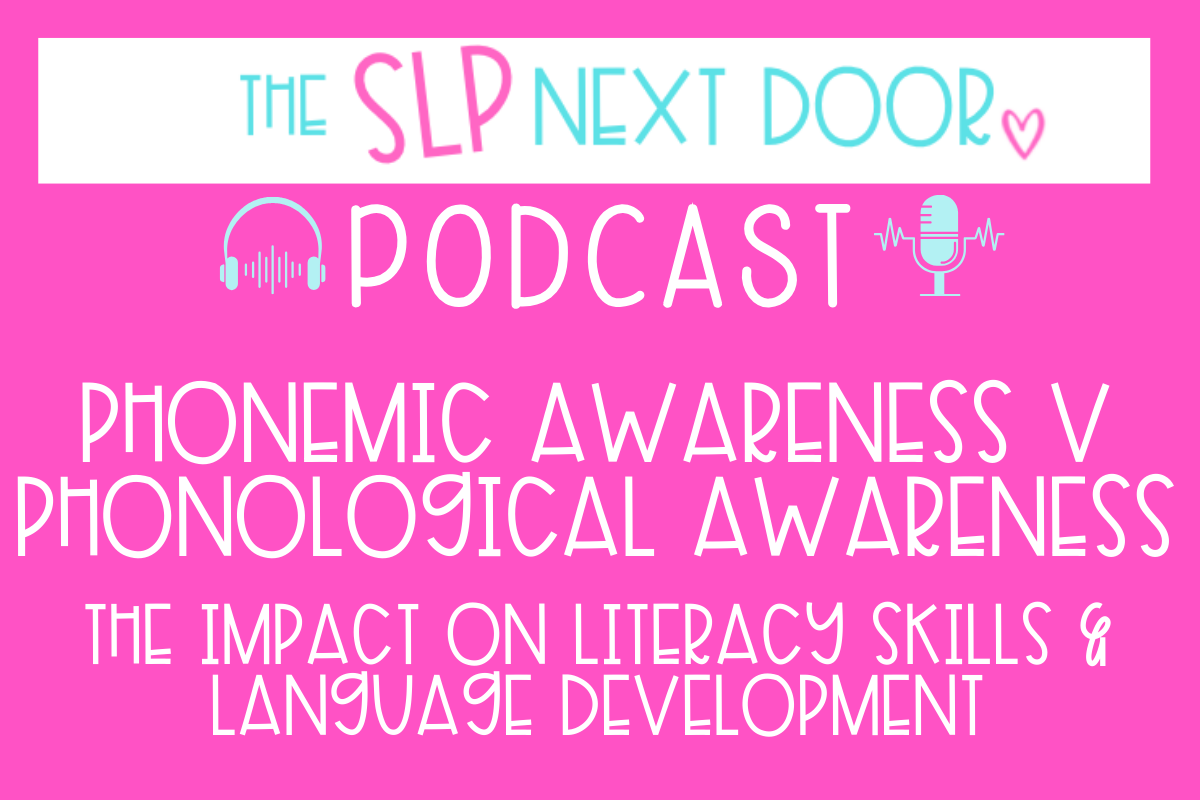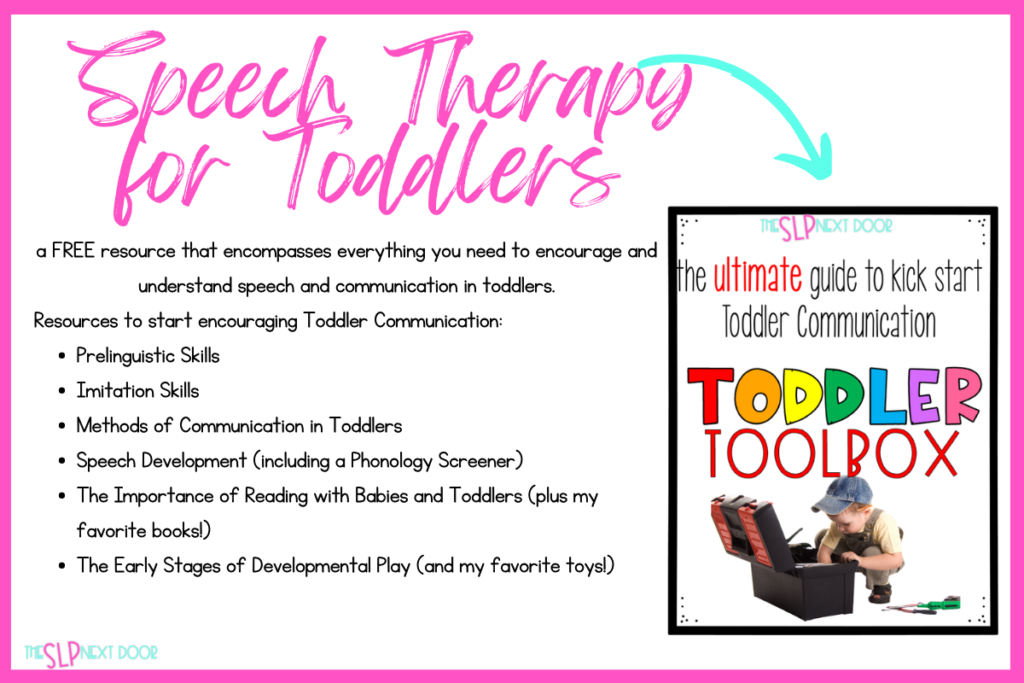In 2010, Carol Stoel Gammon, from the University of Washington, analyzed multiple studies of the relationship between lexical development (vocabulary comprehension) and phonological development in typically developing young children (0-4 years) acquiring American English as their first language.
In this episode, we will talk about how, by talking to babies and toddlers, we can encourage language development and lay the foundation for their phonemic awareness, phonological awareness, reading, writing, and communication.
Phonemic awareness is a crucial pre-reading skill. It involves the ability to recognize and manipulate individual sounds in spoken words. Children who lack phonemic awareness may struggle with reading and writing later on, as they may have difficulty decoding or spelling words correctly.
Phonological awareness encompasses a broader range of skills that involve understanding how sounds work in language. Phonological awareness is also important for reading and writing, as it helps children understand the sound patterns in language.
We must build and encourage their phonemic and phonological awareness to set a firm foundation in language development. These skills will not only encourage language development but will help their future literacy skills, too.



